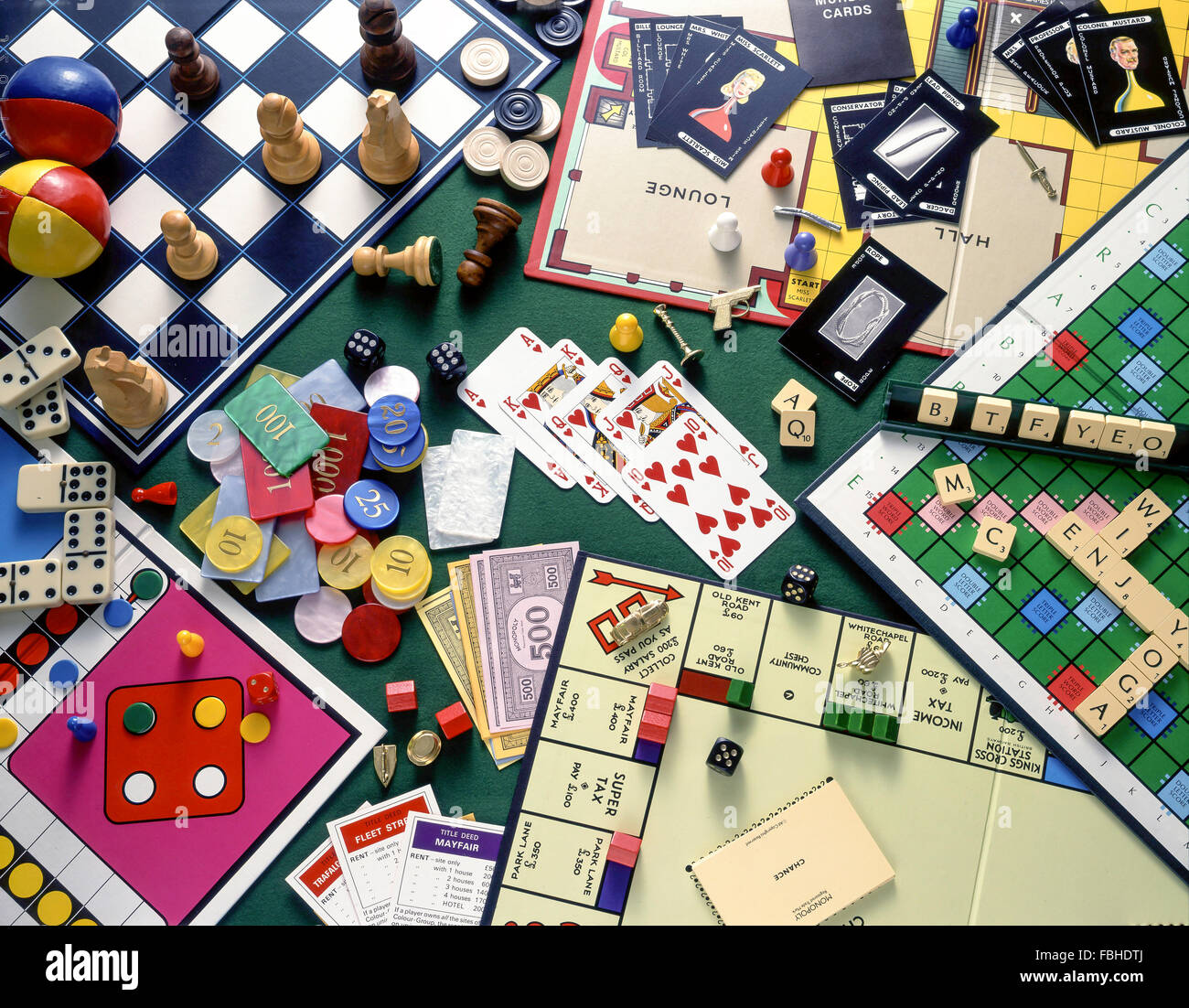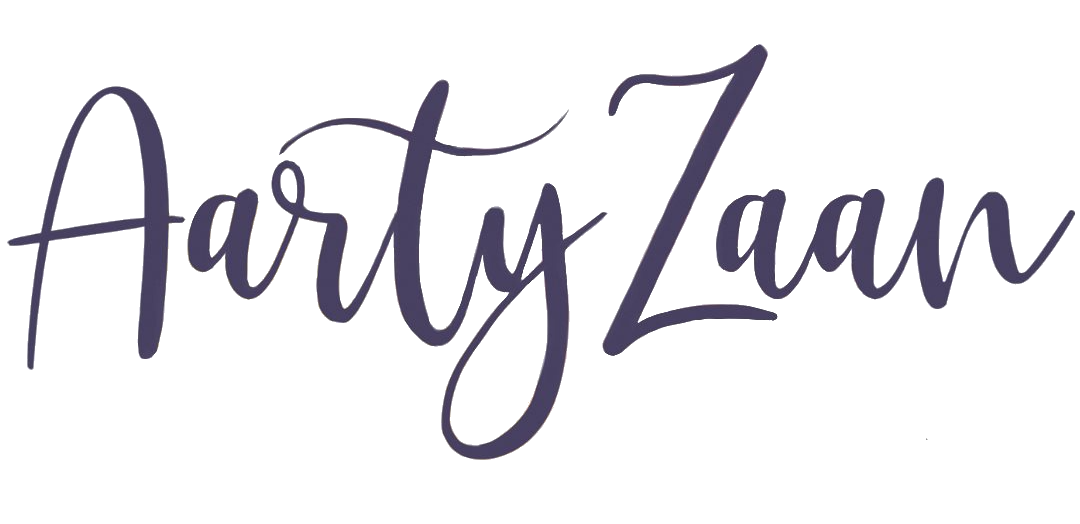undefined
In the realm of board games, innovation often arises from unexpected combinations. Monopoly Chess, a fusion of the classic real estate empire-building game and the timeless strategy of chess, represents such an inspired amalgamation. As this hybrid game continues to evolve, the question of sharing its underlying code among enthusiasts and developers emerges as a crucial consideration.
The Code of Monopoly Chess: Sharing the Secrets of a Hybrid Giant Monopoly. Chess. Two titans of the board game world, each embodying distinct strategies and complexities. But what happens when these two giants collide? The result: Monopoly Chess, a hybrid game that blends the economic warfare of Monopoly with the strategic depth of chess. And while the game itself is relatively new, with its rules and dynamics still in a nascent stage, the potential for sharing code, for fostering a community of players who can collaborate and evolve the game, is immense.
The Need for Code Sharing in Monopoly Chess The very essence of Monopoly Chess hinges on two fundamental elements: 1. Economic Strategy: Players must navigate the intricate world of property ownership, rent collection, and resource management, all within the confines of a chessboard. This dynamic necessitates a robust system for tracking assets, income, and expenses. 2. Chess-like Warfare: As players build their empires and accumulate wealth, they must also deploy their chess pieces – unique characters with specific abilities and movement patterns – to attack opponents, capture territory, and ultimately achieve victory. Building a game with such intricate mechanics requires a solid coding foundation. However, the nascent nature of Monopoly Chess presents both a challenge and an opportunity. While there are no established conventions or standardized codebases, the freedom to create allows for innovation and experimentation.
The Benefits of Code Sharing

Accelerating Game Evolution
By embracing code sharing, the Monopoly Chess community can accelerate the game’s evolution. With a collaborative approach, developers can build upon each other’s work, refine existing mechanics, and introduce new ideas more rapidly. This iterative process ensures that the game remains dynamic, engaging, and reflective of the community’s collective vision.
Fostering Innovation
Code sharing encourages innovation by allowing developers to explore and experiment with different approaches. When code is openly available, individuals can analyze and learn from existing solutions, identify areas for improvement, and propose novel ideas. This cross-pollination of ideas can lead to groundbreaking advancements in gameplay, user experience, and overall game design.
Promoting Accessibility
Shared code can lower the barrier to entry for aspiring developers and enthusiasts interested in contributing to Monopoly Chess. By providing a comprehensive codebase, newcomers can quickly grasp the game’s inner workings and focus their efforts on adding value, rather than starting from scratch. This increased accessibility can attract a diverse range of contributors, enriching the game with fresh perspectives and talent.
See more: 8xbet
Establishing a Collaborative Framework

Open-Source Approach
One effective approach to code sharing is adopting an open-source model. By making the game’s codebase publicly available, developers can contribute bug fixes, enhancements, and new features. This transparency fosters trust within the community and encourages collective ownership of the game’s development.
Version Control and Collaboration Tools
Leveraging version control systems like Git and collaboration platforms like GitHub can streamline the code sharing process. These tools facilitate code management, enable seamless collaboration, and provide a centralized repository for tracking changes, resolving conflicts, and discussing improvements.
Documentation and Community Support
Clear and comprehensive documentation is essential for fostering a thriving code-sharing ecosystem. By documenting the codebase, design decisions, and best practices, contributors can more easily understand the game’s architecture and contribute effectively. Additionally, establishing community support channels, such as forums or discussion boards, can facilitate knowledge sharing and provide a platform for addressing technical challenges.
Intellectual Property and Licensing Considerations

| Concern | Mitigation Strategy |
|---|---|
| Protecting intellectual property | Implement appropriate licensing agreements, such as open-source licenses like MIT or GNU GPL, to safeguard the rights of contributors while allowing for code sharing and derivative works. |
| Managing contributions | Establish contribution guidelines and a review process to maintain code quality and consistency. |
| Handling external code dependencies | Carefully evaluate and document external libraries or dependencies used in the codebase to ensure compatibility and licensing compliance. |
Security and Quality Assurance
- Code Reviews: Implement a rigorous code review process to identify and address potential vulnerabilities, bugs, or performance issues before integrating contributions into the main codebase.
- Automated Testing: Develop and maintain a comprehensive suite of automated tests to ensure code integrity and catch regressions as new features are added or existing code is modified.
- Access Controls: Implement access controls and secure authentication mechanisms to protect sensitive components of the codebase from unauthorized modifications.
Building a Thriving Community
- Contributor Recognition: Recognize and celebrate the contributions of community members, whether through public acknowledgments, gamification elements, or other incentives.
- Knowledge Sharing: Foster a culture of knowledge sharing by organizing workshops, tutorials, and educational resources to help newcomers and experienced contributors alike learn and grow.
- Feedback and Discussion Channels: Maintain open lines of communication through forums, mailing lists, or social media platforms, where community members can share ideas, provide feedback, and discuss challenges or opportunities.
Conclusion
As Monopoly Chess continues to captivate players with its unique blend of economic strategy and chess-like warfare, embracing code sharing presents an opportunity to unlock the game’s full potential. By fostering a collaborative environment, the Monopoly Chess community can accelerate innovation, promote accessibility, and ensure the game’s longevity and continued relevance.
Adopting an open-source approach, establishing robust collaboration frameworks, and addressing intellectual property and security concerns are critical steps in creating a thriving code-sharing ecosystem. Ultimately, by harnessing the collective knowledge and creativity of developers and enthusiasts, Monopoly Chess can transcend its roots and evolve into a truly iconic game experience.
Conclusion
In conclusion, the fusion of Monopoly and Chess into a single game, aptly named Monopoly Chess, presents a unique and engaging gameplay experience that challenges players to strategize both economically and tactically. The intricate mechanics of the game require a solid coding foundation to support its complexity and ensure a seamless gaming experience.
The benefits of code sharing in the context of Monopoly Chess are vast and significant. By embracing code sharing, developers can accelerate the evolution of the game, foster innovation, and promote accessibility for a diverse range of contributors. Establishing a collaborative framework through open-source approaches, version control tools, documentation, and community support is essential for cultivating a thriving code-sharing ecosystem.
Addressing intellectual property and licensing considerations, as well as implementing robust security and quality assurance measures, are crucial steps in safeguarding the integrity and longevity of the game. Building a thriving community around Monopoly Chess involves recognizing and rewarding contributors, facilitating knowledge sharing, and maintaining open lines of communication for feedback and discussion.
As Monopoly Chess continues to captivate players with its unique blend of economic strategy and chess-like warfare, the potential for growth and innovation through code sharing is immense. By harnessing the collective creativity and expertise of developers and enthusiasts, Monopoly Chess has the opportunity to evolve into a truly iconic game experience that transcends its origins and captivates audiences for years to come.
